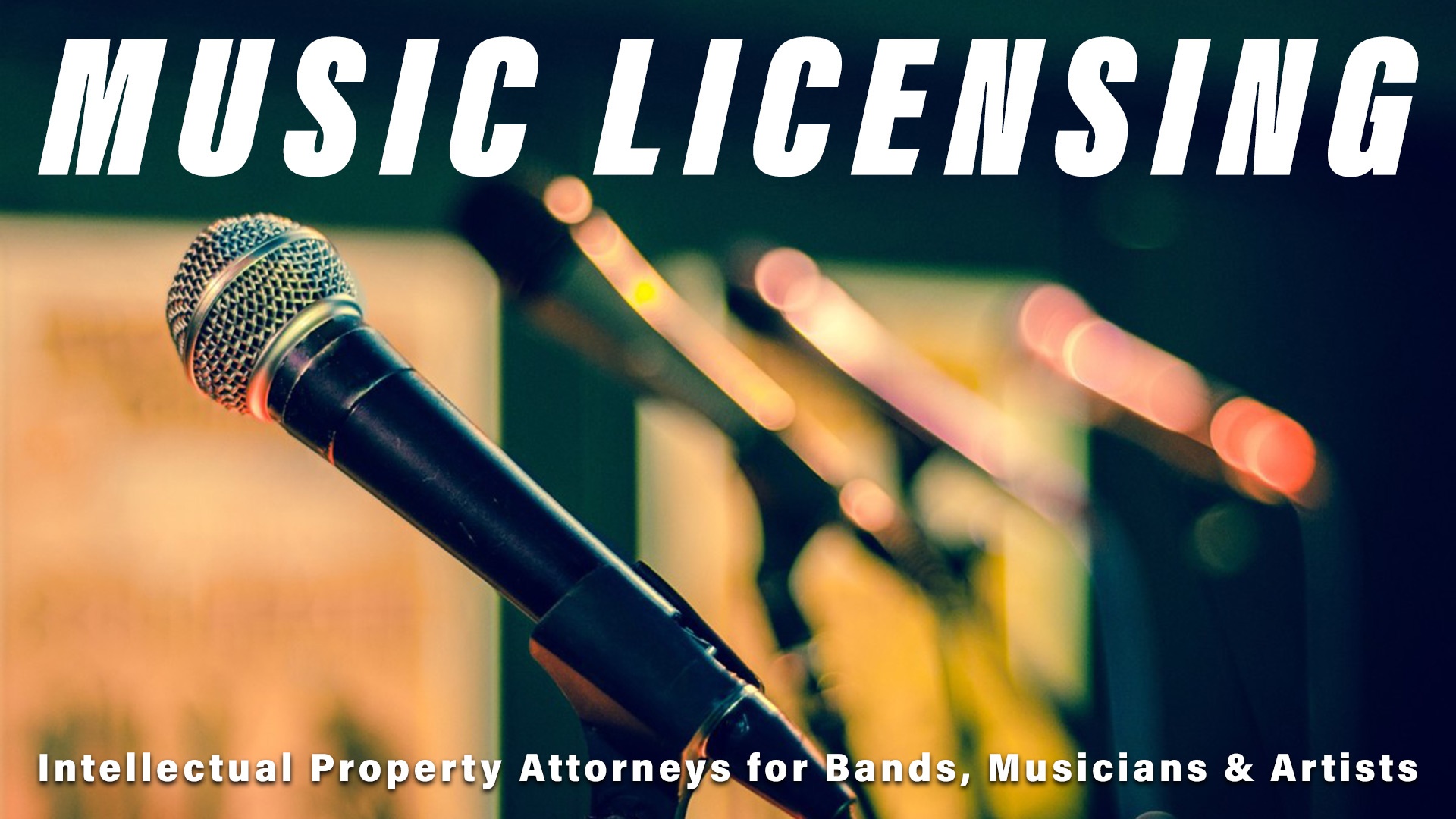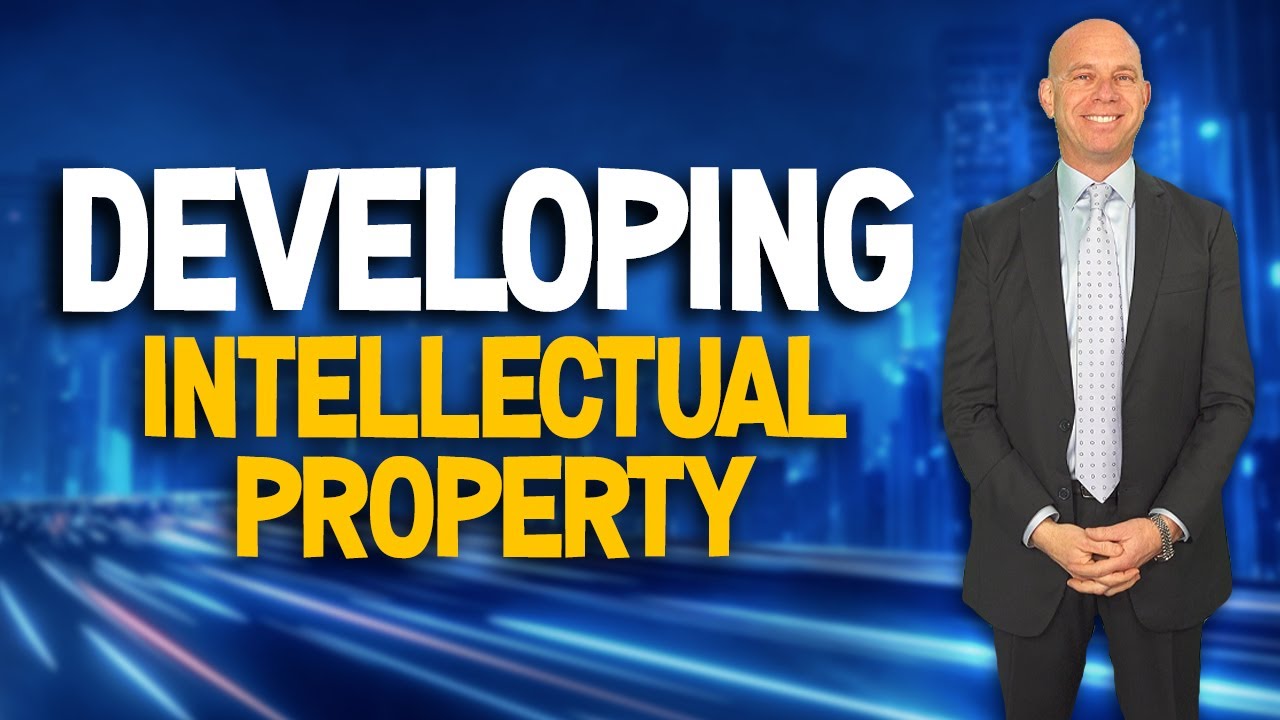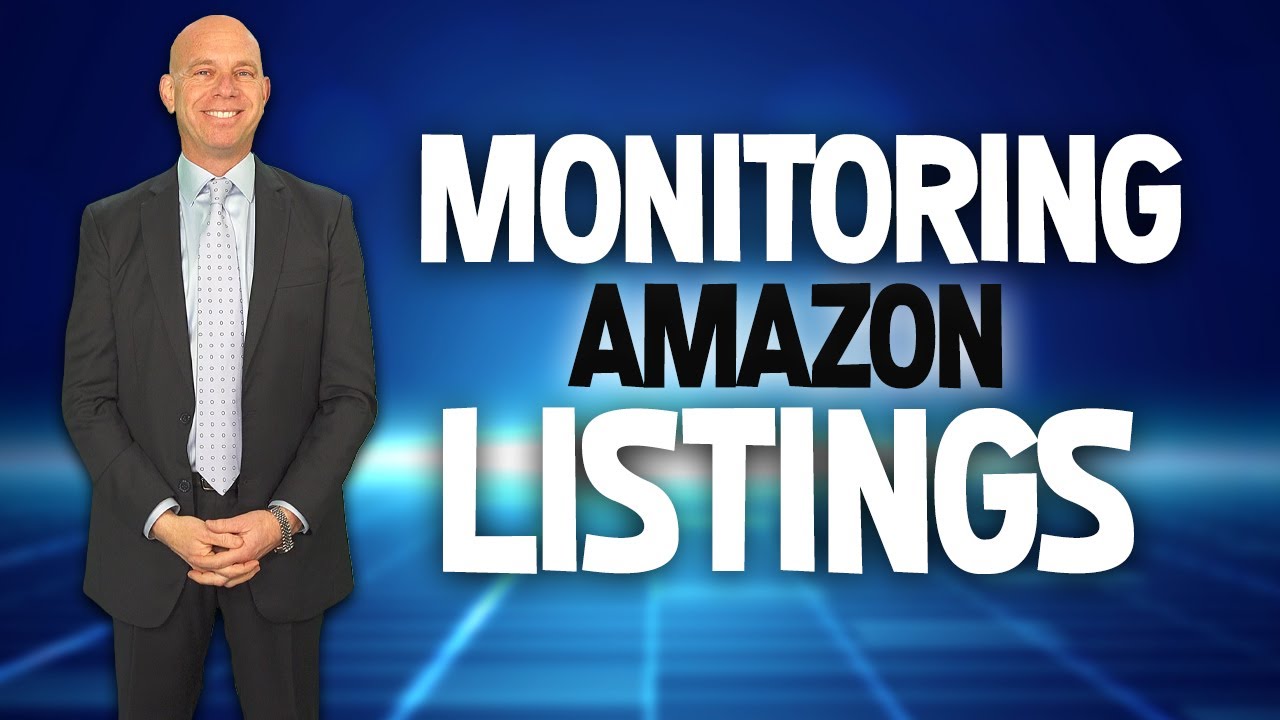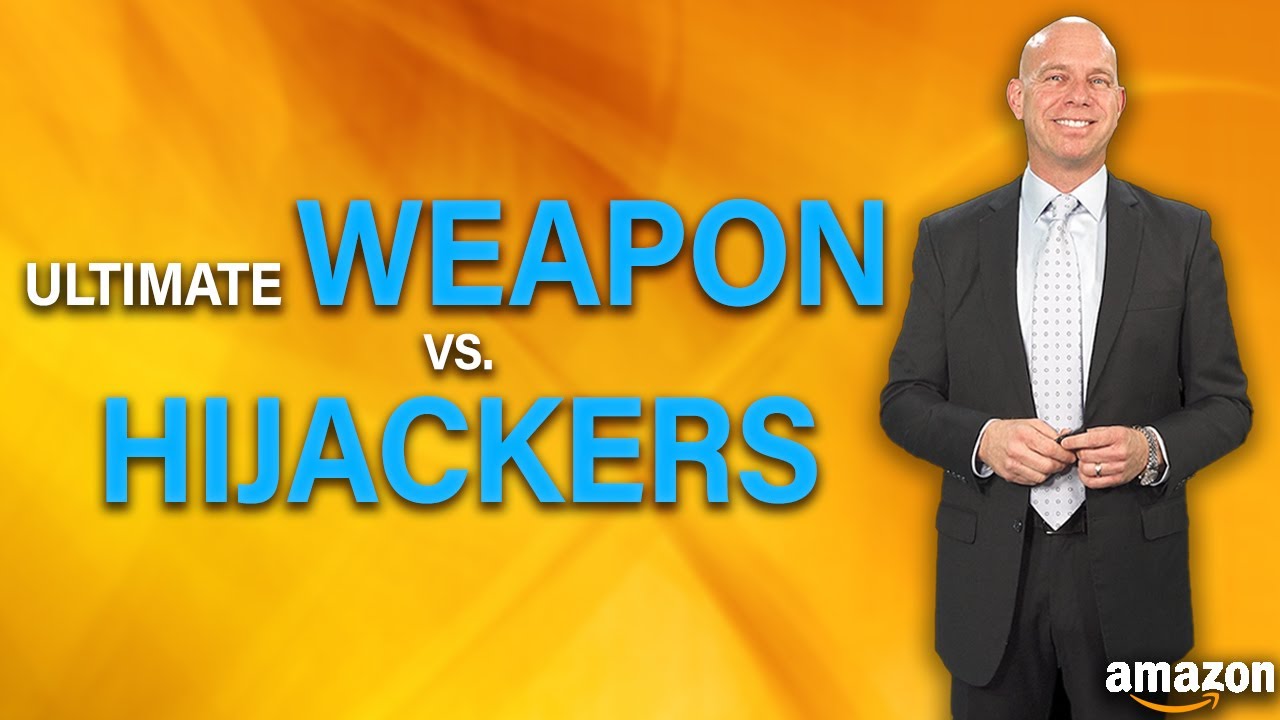
There are numerous incredibly talented musical artists in the world. There are far fewer financially successful ones. One of the most painful truths that I learned in my youth was that the obscure and underground punk and metal bands I loved were often near financially destitute, and that sucks. It was cool when I was thirteen, and my only real plan in life was to run off to a flop house and start a political punk band called, “Captain Anarchy and the Fascists”. It turned out that living in squalor sucked. But it made me respect the musicians who footsteps I could not follow in all the more.
Even after bands reach a level of notoriety, profits can still be slim. The thing the separates a big musical act from a rockstar is not merchandise, or venue size, or fan base, it’s licensing of music.
When artists have their music licensed, it is simultaneously free advertising. In order for this wonder fate to not elude you, you must understand how music licensing works.
Licensing Requirements
The Copyright Act sets out several statutory and compulsory licensing requirements. These provisions allow certain specified use if the user pays required royalties as per the relevant statutory provision and complies with other statutory and administrative requirements.
The Copyright Act imposes licensing requirements for among other things:
- Making and distributing phonorecords of any published, non-dramatic, musical work. [1]
- Certain noncommercial broadcasts of non-dramatic, musical works and pictorial, graphic and sculptural works. [2]
- Certain secondary transmissions of cable and television systems. [3]
- Certain digital audio transmissions of sounds recordings. [4]
The Copyright Office’s Licensing Division enforces the Copyright Acts various statutory and compulsory licenses discussed here.
If you have a copyright properly registered and someone wants to play your music, they have to pay you.
As much as passion and creativity drive the art form, money keeps artists alive. Artists should be paid when their work is exhibited. You can see this in the righteous indignation of Rapper/Producer El-P against the NFL. El-P wrote two disgruntled tweets after the NFL asked to use one of his most popular songs. [5]
The moral of the story is, if you protect your intellectual property rights, you’re protecting your profits.
As much as music fulfills your life long dreams, money fulfills your life long need to eat. If you want to learn more about how you can register your copyright, contact us today.
Music Licensing by Rosenbaum Famularo, PC
[1] 17 U.S.C. § 115).
[2] 17 U.S.C. § 118
[3] 17 U.S.C. § 119
[4] 17 U.S.C. § 114(d)(2)
[5] https://www.rollingstone.com/music/music-news/run-the-jewels-el-p-calls-nfl-racist-organization-after-new-anthem-policy-627674/








